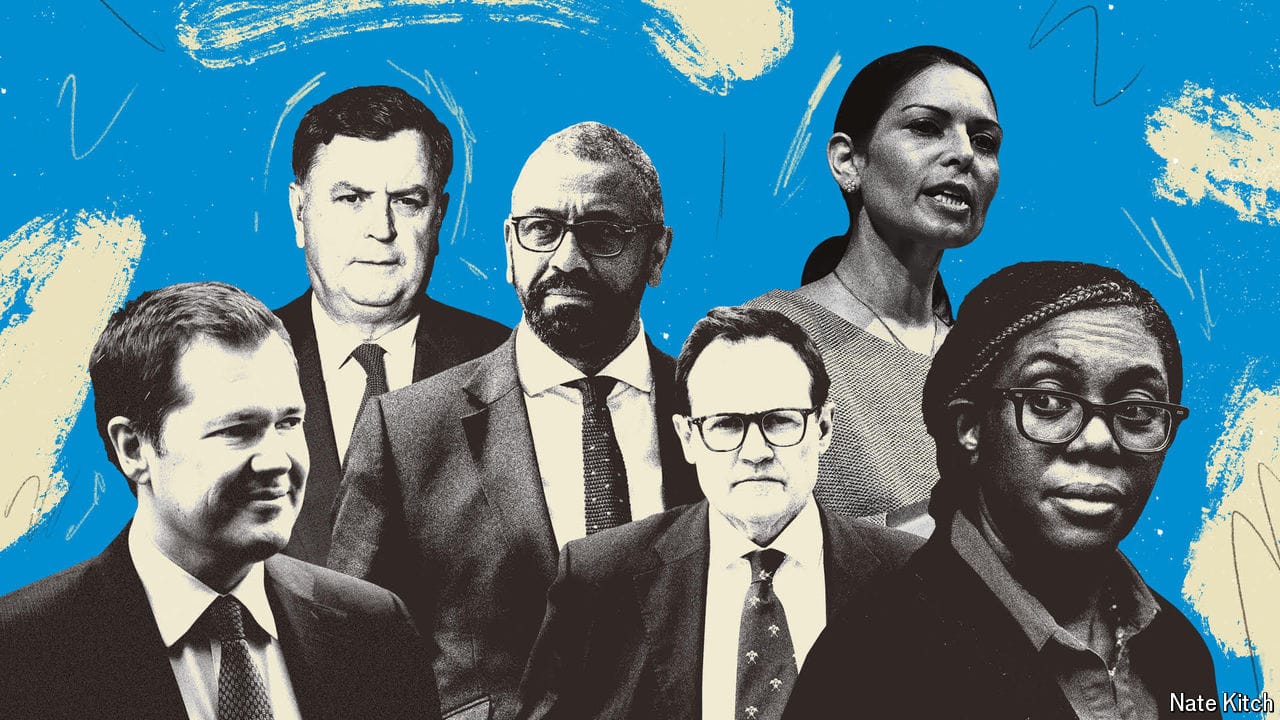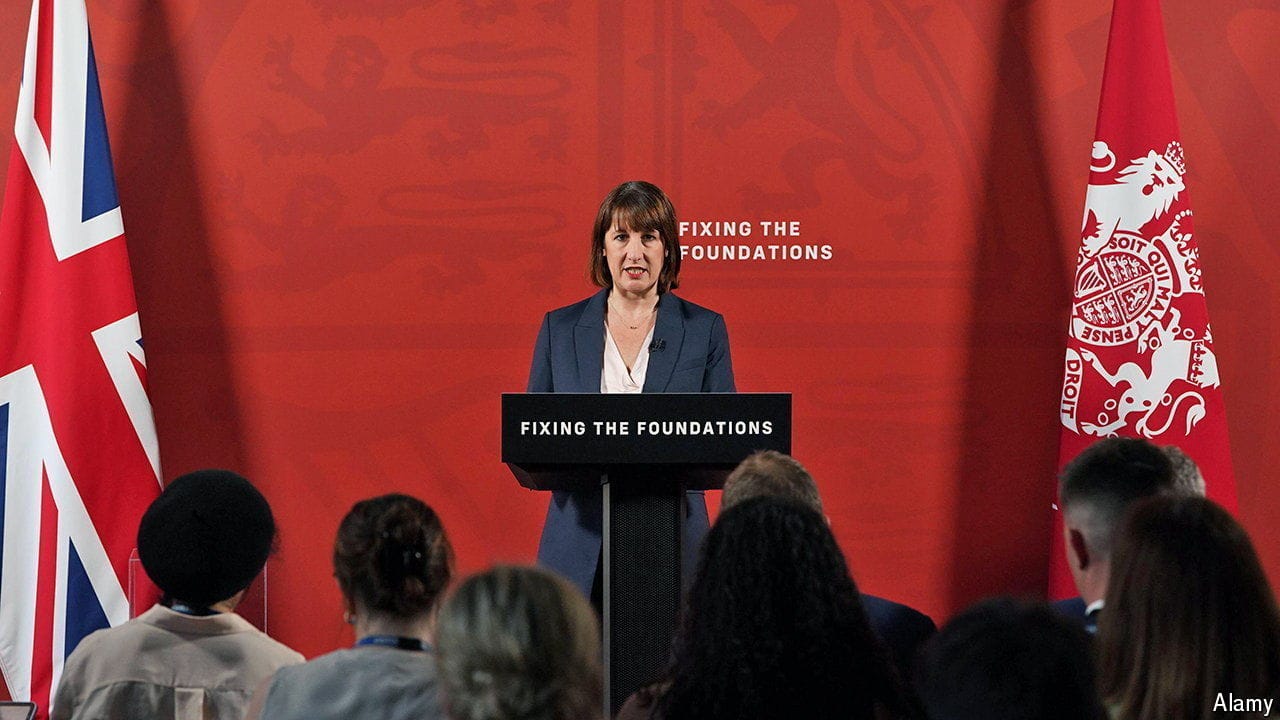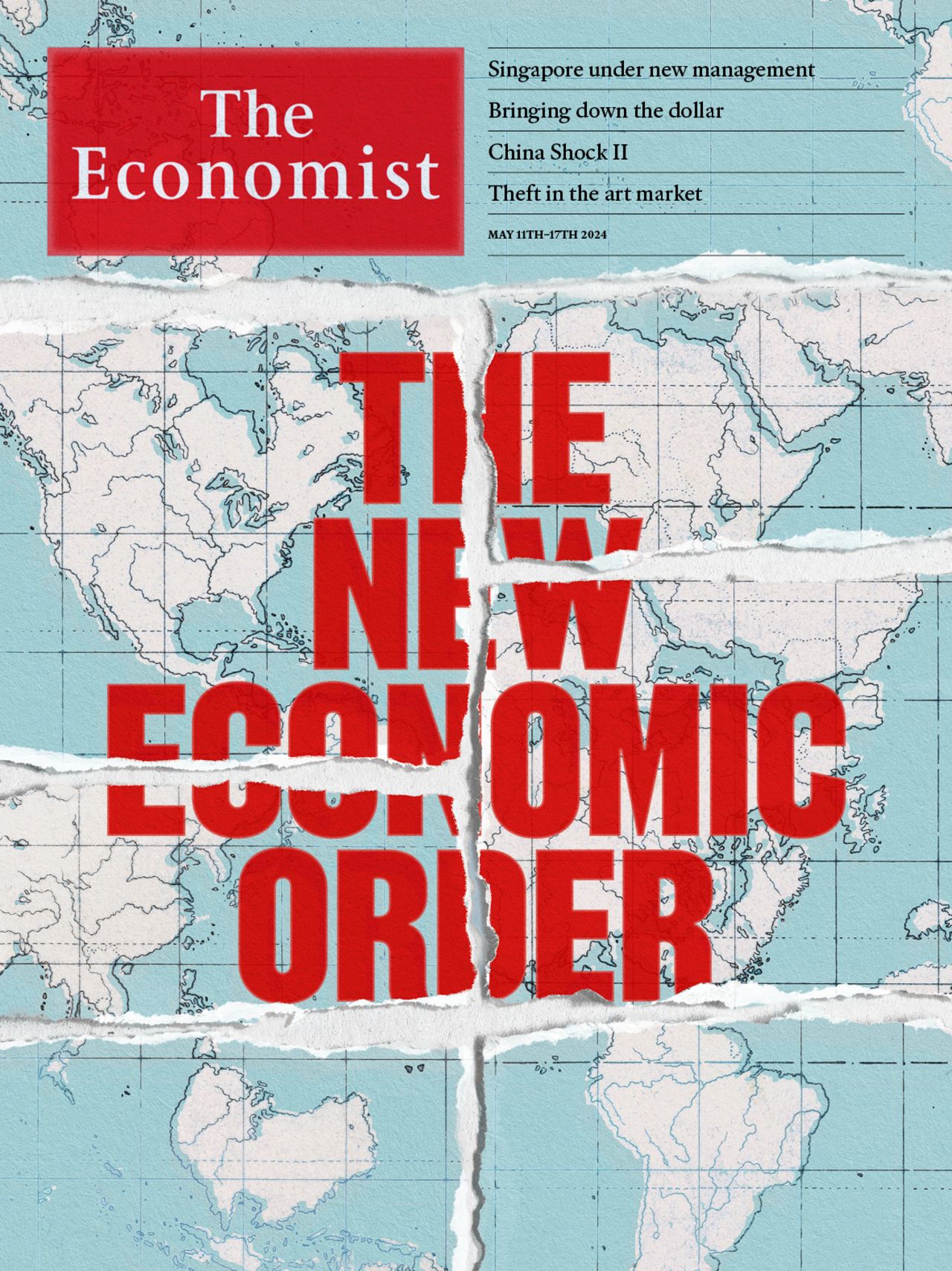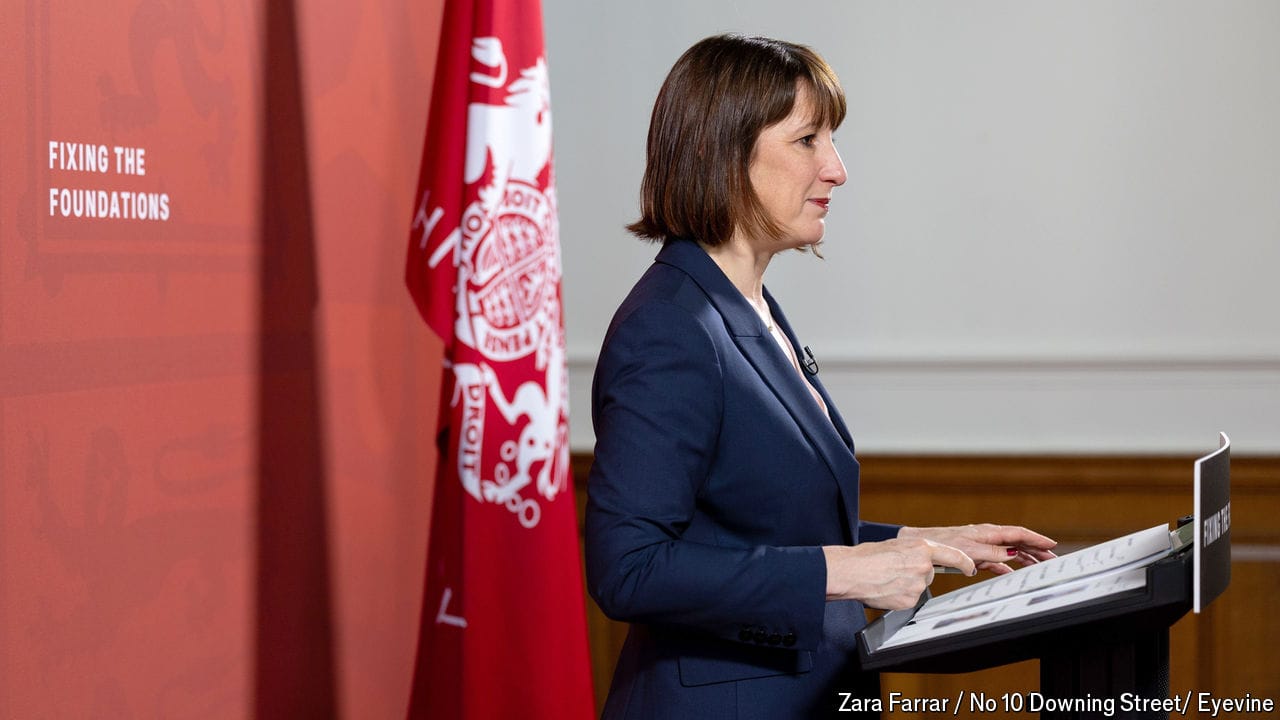The Labour Party’s grand bargain with business
What would a new British government mean for boardrooms?

EARLIER THIS year the Labour Party hosted business leaders for a day of hobnobbing at the Oval cricket ground in London. A representative from Skanska, a construction company, challenged Jonathan Reynolds, the party’s shadow business secretary. Problems with big infrastructure projects had dented Britain’s attractiveness, she said. What could she tell her board in Sweden to make them re-evaluate? Mr Reynolds’s reply: he would go to Stockholm himself to make the pitch.
That moment captured the Labour Party’s striking courtship of business under the leadership of Sir Keir Starmer. Between them, Sir Keir, Mr Reynolds and Rachel Reeves, the shadow chancellor, have now met almost all the FTSE 350, Britain’s largest listed firms, in a cycle of breakfasts that the party has dubbed the “smoked salmon offensive” (a nod to the “prawn cocktail offensive” that saw Sir Tony Blair court the City before taking power in 1997).
Explore more
This article appeared in the Britain section of the print edition under the headline “The grand bargain”
Britain May 11th 2024
More from Britain

The race to become leader of Britain’s Conservatives
An exhausted party seems to think that it doesn’t have to change

How deep is Britain’s fiscal “black hole”?
Rachel Reeves sets out her first big decisions as chancellor
Shabana Mahmood, Britain’s new Lord Chancellor
The new justice secretary is both progressive and religious
How King Charles III counts his swans
A ritual that pleases conservationists and annoys the birds
Britain’s army chief fears war may come sooner than anyone thinks
Could the army cope without more money and troops?

